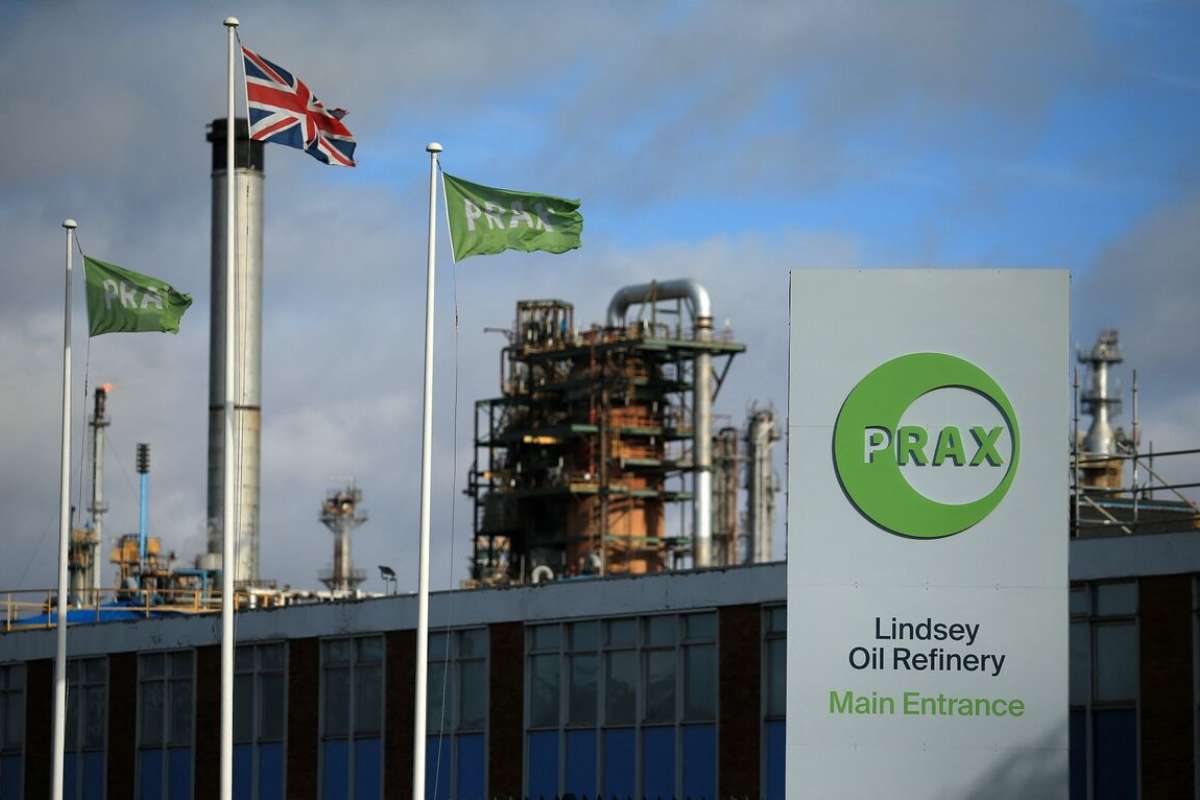The Lindsey Oil Refinery, the fourth-largest in the UK, has halted operations following the insolvency of its operator, Prax Lindsey Oil Refinery Limited, on June 29, 2025. Located in North Lincolnshire, the facility processes around 113,000 barrels per day, accounting for approximately 15% of the UK’s refining capacity. Since the shutdown, no fuel has been distributed to major wholesalers or regional fuel depots, as confirmed by multiple industry insiders.
Despite emergency financial indemnities issued by the UK government to ensure the plant remains operational during administration, full production and distribution have not resumed. Insolvency practitioners are currently overseeing the site while discussions continue about a potential buyer or structural overhaul. The pause in operations has raised urgent concerns over the stability of the UK’s already fragile energy infrastructure.
Government Steps In, But Fuel Sector Faces Strain
The Department for Energy Security and Net Zero has confirmed intervention to prevent a total shutdown, aiming to protect over 400 jobs at the site and in associated logistics. However, no official timeline for a restart has been provided.
The Lindsey crisis comes at a time when the UK’s refining network is under increasing pressure. Over the past five decades, the number of operational refineries has dropped from 17 in the 1970s to just 6 today, with several converted into fuel terminals or shuttered altogether. Notably, Scotland’s Grangemouth refinery also announced its transition to an import terminal in 2025, leaving a vacuum in domestic refining capability.
Fuel analysts have warned that a prolonged halt at Lindsey Oil Refinery could lead to:
- Regional fuel shortages in Northern England and the East Midlands
- Increased reliance on imported refined products
- Price hikes at petrol stations if the supply chain disruption continues
Local and National Implications: What Comes Next?
The Lindsey refinery has long been a critical node in the UK’s fuel infrastructure, with a strategic position near the Humber estuary and connections to the UK pipeline network. Its temporary closure has already impacted nearby tanker operations and depots. According to the Grimsby Telegraph, local fuel tanker drivers tied to the refinery have reported idle operations since the insolvency filing.
The site, originally built in 1968 and acquired by the Prax Group in 2021, has previously endured challenges, including strikes, mechanical incidents, and safety concerns. Yet this insolvency crisis is seen as the most significant threat to its operation in decades.
The government is reportedly exploring options to bring in a new operator or nationalize key functions temporarily. Analysts suggest that a full restart may not occur until late July or early August, depending on legal proceedings and investor interest.
Explore More News In Our Oil Gas Energy Magazine












